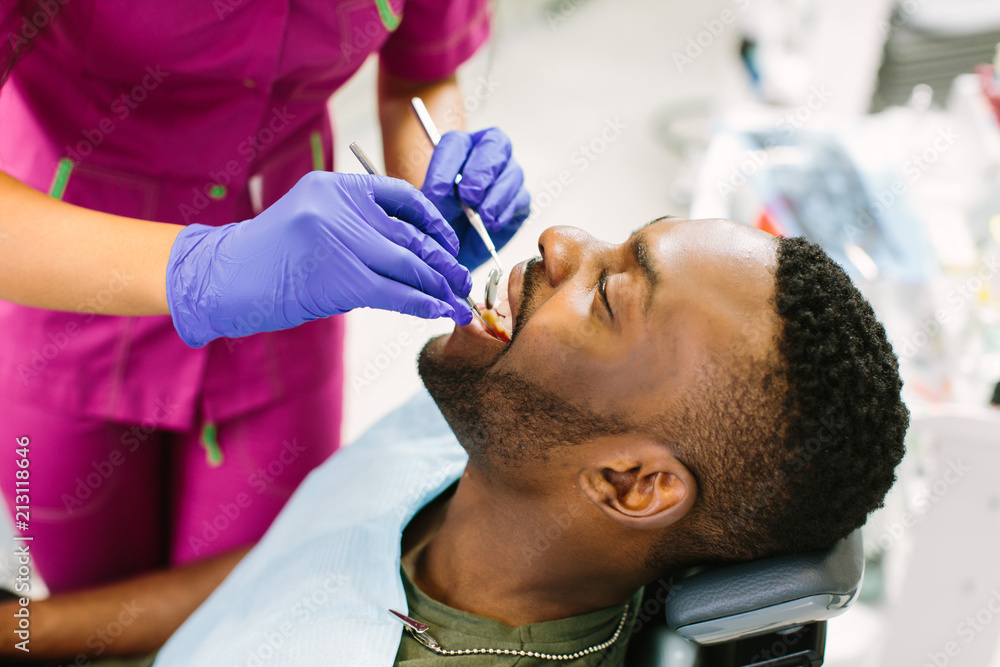Why Veneers Are the Perfect Solution for a Stunning Smile in Washington DC
Why Veneers Are the Perfect Solution for a Stunning Smile in Washington DC
Blog Article
Usual Concerns About Dental Veneers Responded To
Dental veneers have come to be a progressively sought-after alternative for those aiming to enhance their smiles, yet many individuals continue to be unpredictable concerning numerous aspects of their use. Trick questions commonly occur regarding the application procedure, durability, and potential threats connected with these aesthetic enhancements. The difference between porcelain and composite veneers can significantly affect one's selection. As we discover these usual questions, it ends up being vital to think about not only the advantages but additionally the ramifications of deciding for oral veneers in search of a much more confident look. What factors should one consider before making such a decision?
What Are Dental Veneers?
Oral veneers are thin, tailor-made coverings crafted from porcelain or composite material that are made to cover the front surface of teeth. These oral prosthetics serve both practical and aesthetic purposes, supplying a solution for numerous dental flaws, including staining, chips, voids, and imbalance. By adhering to the teeth, veneers can dramatically improve the total look of a smile, producing an extra consistent and appealing look.
Porcelain veneers are especially favored for their natural translucency and tarnish resistance, making them an excellent choice for people seeking resilient results. On the other hand, composite resin veneers are generally much less pricey and can be used in a single see, yet they might not supply the same longevity as porcelain options.
The decision to select oral veneers commonly comes from a wish for visual renovation, yet patients should likewise take into consideration aspects such as the longevity of the product, upkeep demands, and the potential demand for tooth decrease (Veneers). Inevitably, oral veneers stand for a flexible and efficient remedy for attaining a glowing smile, accommodating private cosmetic demands while promoting self-confidence and self-worth
Just How Are Veneers Applied?
The application process for veneers needs careful planning and precision to ensure optimal outcomes. The procedure commonly begins with a comprehensive examination, where the dental practitioner assesses the person's dental health and wellness, reviews desired outcomes, and determines the suitable sort of veneers, whether porcelain or composite material.
Once the therapy plan is developed, the dentist prepares the teeth by eliminating a thin layer of enamel, usually concerning 0.5 mm to 1 mm, to fit the veneer. This action is important as it guarantees a proper fit and protects against the veneers from showing up large - Veneers. After prep work, perceptions of the teeth are taken to develop customized veneers that match the person's unique oral framework and aesthetic choices
While the permanent veneers are being fabricated in an oral lab, short-lived veneers may be placed to secure the prepared teeth. When the long-term veneers are prepared, the dental professional will thoroughly bond them to the teeth using a solid oral adhesive. Last modifications are made to guarantee proper alignment and bite, followed by brightening for a natural appearance. The process culminates in a follow-up consultation to keep an eye on the veneers' fit and the client's satisfaction with their brand-new smile.
What Are the Benefits?

In addition, veneers are known for their sturdiness and resistance to staining compared to all-natural teeth. Made from high-grade products such as porcelain or composite resin, they can maintain their appearance for many years with appropriate care. This long life makes them a useful financial investment in one's dental appearance.
Along with visual enhancements, veneers can likewise add to improved dental wellness. By covering damaged or weakened teeth, they can provide added assistance and security, helping to stop more degeneration or deterioration. This protective element can minimize the demand for extra extensive oral procedures in the future.

How Long Do They Last?
With appropriate care and upkeep, dental veneers can last anywhere from 10 to 15 years, making them a long-lasting option for enhancing one's smile. The longevity of veneers mostly depends on the product used, the quality of the preliminary positioning, and the person's adherence to oral hygiene techniques.
Porcelain veneers are recognized for their longevity and resistance to discoloration, usually lasting closer to the 15-year mark when looked after appropriately. Compound veneers, while much more cost effective, might call for replacement earlier, frequently within 5 to one decade as a result of their susceptibility to wear and discoloration.

Furthermore, using a mouthguard during sporting activities or nighttime can provide extra protection. Eventually, while veneers offer a significant aesthetic enhancement, their longevity is considerably affected by the dedication to appropriate dental treatment and regular appointments with an oral expert.
Are There Any Threats?
Taking into consideration the transformative results of oral veneers, it is necessary to acknowledge the directory potential risks related to their application. While veneers can enhance the look of teeth, the procedure includes the removal of a thin layer of enamel, which can increase tooth level of sensitivity and vulnerability to degeneration.
One considerable risk is the opportunity of incorrect placement or fitting, bring about discomfort, bite imbalance, and even damage to the underlying tooth structure. Additionally, if the veneers are not preserved appropriately, they can come to read the article be tarnished or broken gradually, requiring replacement.
Clients might likewise experience allergic reactions to the materials made use of in the veneers, specifically if they have level of sensitivities to specific oral compounds. Additionally, while veneers are resilient, they are not indestructible; too much pressure from grinding or clinching can result in fractures.
It is vital for clients to seek advice from a certified dental specialist to examine their specific dangers and to comply with aftercare guidelines vigilantly. By understanding these risks, individuals can make educated choices concerning their oral veneer therapy and guarantee the durability and success of their enhancements.
Final Thought
In recap, oral veneers stand for a beneficial cosmetic solution for boosting smiles, with factors to consider concerning their application, benefits, longevity, and linked threats. Their efficiency is influenced by elements such as the choice of product, with porcelain offering premium resilience compared to composite options. Correct care and maintenance are important to take full advantage of the lifespan of veneers. Inevitably, notified decision-making concerning oral veneers can cause sufficient visual end results and enhanced oral health.
Oral veneers are thin, customized shells visit homepage crafted from porcelain or composite resin that are created to cover the front surface area of teeth. After preparation, perceptions of the teeth are taken to produce custom-made veneers that match the client's unique dental framework and aesthetic preferences.
While the irreversible veneers are being made in a dental lab, short-term veneers may be placed to protect the ready teeth. As soon as the long-term veneers are prepared, the dentist will carefully bond them to the teeth making use of a strong oral adhesive. Inevitably, informed decision-making pertaining to oral veneers can lead to sufficient aesthetic outcomes and enhanced oral health.
Report this page